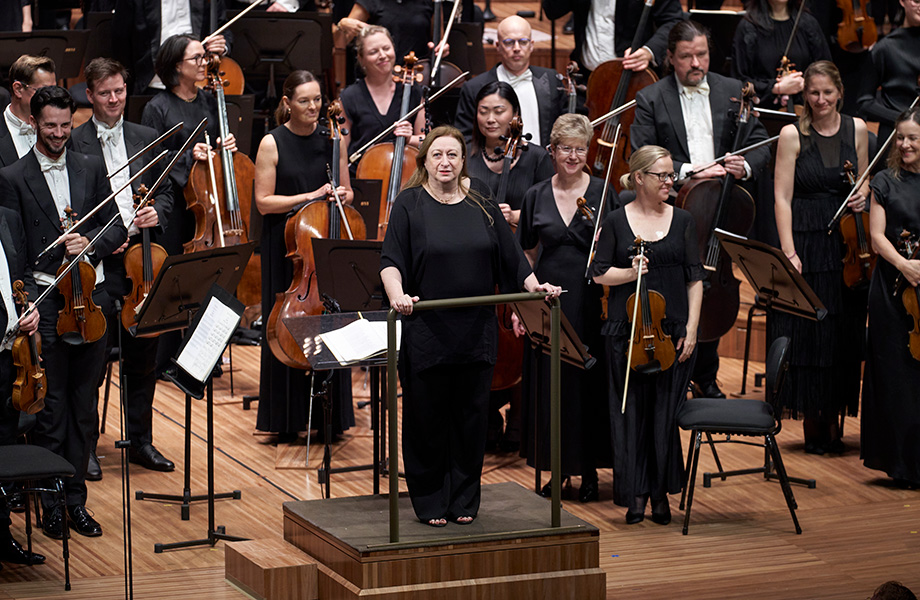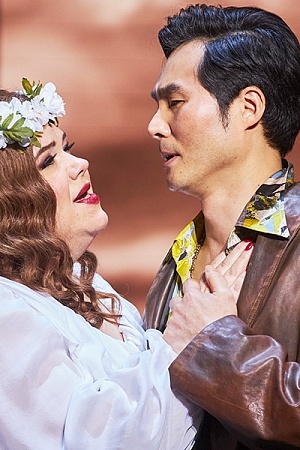Die Walküre

What a happy time this is for Wagnerians, with a memorable Ring cycle last year from Melbourne Opera in Bendigo, and Die Meistersinger von Nürnberg to look forward to in February 2025 from that enterprising company. Opera Australia – unable to program Wagner in the miniscule Joan Sutherland Theatre after the embarrassments of its incomplete Ring of the early 1980s (notwithstanding some memorable casts, with the likes of Rita Hunter, Alberto Remedios, Lauris Elms, and Marilyn Richardson) – has presented the Ring thrice over the past decade, twice in Melbourne, once in Brisbane.
Anton Bruckner, dismally, may be a bridge too far for Australian audiences, but his hero, Richard Wagner, poses no such challenge. On Friday, the Concert Hall was excitedly and expectantly full for the first of two concert performances of Die Walküre at the Sydney Opera House, the second instalment in the Sydney Symphony Orchestra’s Der Ring des Nibelungen 2023-26, following Das Rheingold in November 2023.
Continue reading for only $10 per month. Subscribe and gain full access to Australian Book Review. Already a subscriber? Sign in. If you need assistance, feel free to contact us.















Leave a comment
If you are an ABR subscriber, you will need to sign in to post a comment.
If you have forgotten your sign in details, or if you receive an error message when trying to submit your comment, please email your comment (and the name of the article to which it relates) to ABR Comments. We will review your comment and, subject to approval, we will post it under your name.
Please note that all comments must be approved by ABR and comply with our Terms & Conditions.